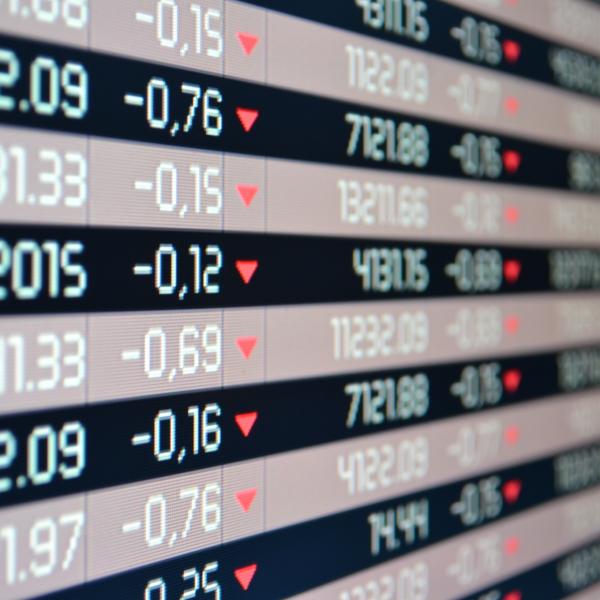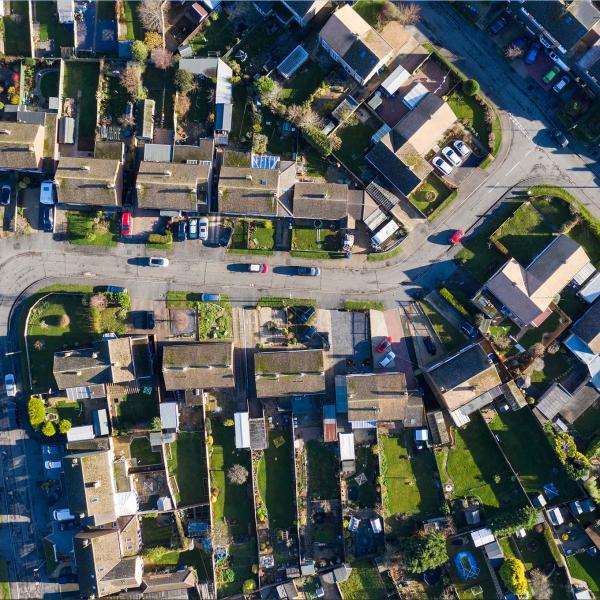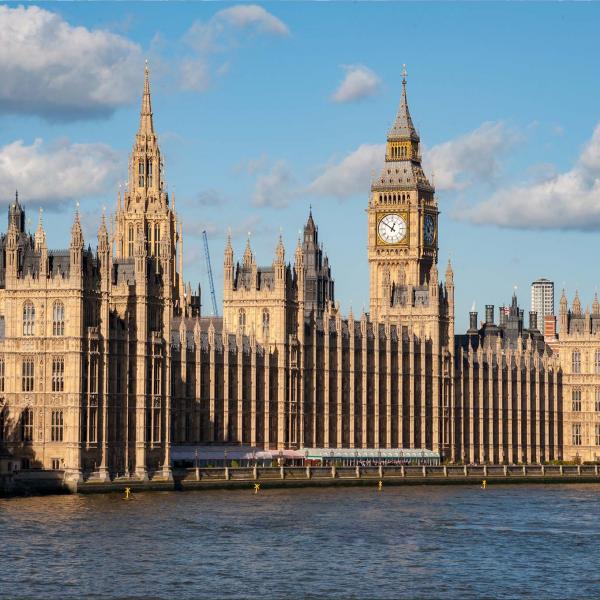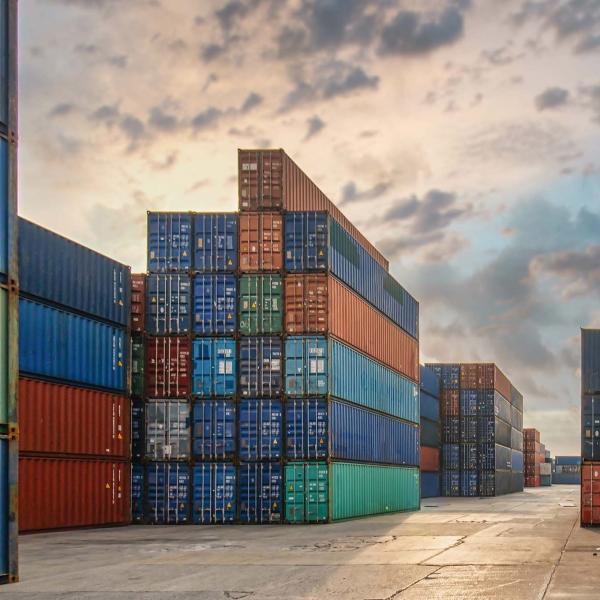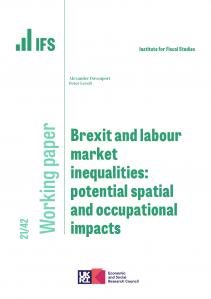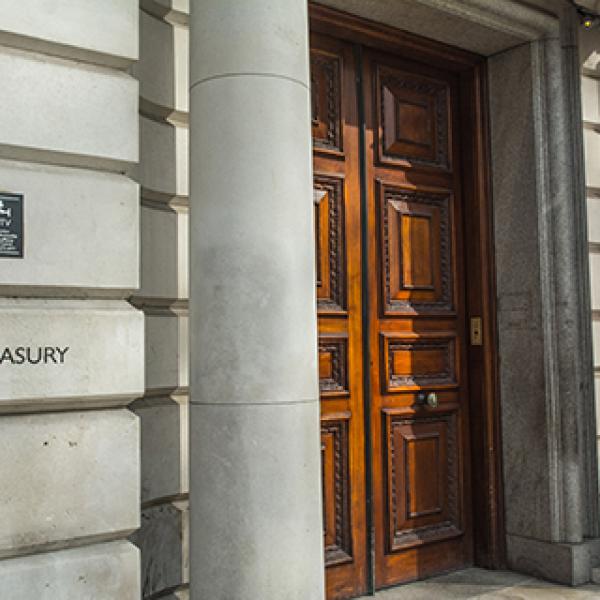A bit of introspection seems to be called for in these torrid days. People will be looking at what they did and why in the referendum, why we had it in the first place, why so many of the disadvantaged and disaffected voted as they did, why there seems to be no plan to deal with the result.
This bit of introspection comes from an economist about economists. I take as given that we economists were collectively right about the economic consequences of leaving the EU. Sadly, as events are already proving, those consequences will be bad, possibly very bad.
It would be tempting to think that because we have predicted the slowdown to come, the profession will have redeemed its failure to forecast the financial crisis. We could look at the superb work of John Van Reenen and colleagues at the London School of Economics (LSE), of Nick Crafts at the University of Warwick and of the National Institute of Social and Economic Research (NIESR). They set out, compellingly, exactly why EU membership is vital for trade and investment, and why Brexit would damage growth, pensions and jobs. The forecasts were there. They were reported. People weighed them up against the other issues at stake in the referendum and came to an informed judgment. The UK economics profession had a good referendum.
To reach that conclusion would be the gravest of errors. Of course, other things mattered, and mattered enormously, but it is clear that economists’ warnings were not understood or believed by many.
So we economists need to be asking ourselves why that was the case, why our near-unanimity did not cut through. In short, we need to understand the abject failure of our profession to persuade the public about the consequences of a Leave vote.
One barrier, for sure, was the way the referendum debate was reported. We were never going to get much of a look in with the campaigning tabloids. But elsewhere voters could be forgiven for being baffled by the “balance” on offer. There is always a minority on any issue. In this case the minority of economists believing Brexit would not be damaging was disappearingly small. But that is not how it would have appeared. A dozen Nobel laureates got less coverage than a few mavericks.
And every time world-renowned individuals and institutions published a serious piece of work, smears and lies about them were given equal weight. When the International Monetary Fund put out a serious report about the effects of Brexit, what was reported was the outrageous accusation that it was “deceitful”. When my organisation published a report, the lie by the Leave campaign that we were corrupted by our funding got at least as much coverage as the report itself. And so it went with the LSE, and NIESR, the OECD and the rest.
All of that is annoying. But it is always a mistake simply to look at the media as a scapegoat. The real failings were with my profession.
First, we have failed to communicate basic economic concepts to politicians, journalists and businesspeople, never mind the public. Let me be clear I am blaming us, the economists, for that. I have been astonished by the number of people in recent months who have said to me that a fall in the exchange rate makes us richer, not poorer; that there is a fixed number of jobs in the economy;
that a short-term negative shock will have no long-term consequences. These ideas are wholly wrong and we have utterly failed to set out why.
The most politically engaged of us spend decades working out how to tweak tax policy, or labour market policy, or competition policy to deliver small benefits. How many times over would our work have been repaid if we had simply convinced a few more people of the basics?
The second failing is the lack of leadership. It is all very well for individuals and institutes to write reports. There are lots of us, and it is not surprising if the wider public has no idea which ones are trustworthy and which ones not. It was a proud moment, I confess, when David Aaronovitch last week in this newspaper mentioned the IFS in the same breath as the president of the United States, the governor of the Bank of England, and the Archbishop of Canterbury. But, in truth, we are a small group working on a shoestring, representing nobody. Collectively we economists need to find some way of getting our messages across that goes beyond reliance on individual institutions.
The third failing is our collective lack of speed, agility and focus on issues of overwhelming importance. A few — and again Professor Van Reenen is a stand out example — did all they could. But most carried on regardless.
Finally, perhaps, there is the language we use. Who cares about “the economy”, “growth”, “trade”, if we can’t translate them directly into “incomes”, “jobs”, “living standards”. We must start speaking more plainly. And we must also link these things to real people, to the poor, to those in the middle, to parents, to families, to workers and to pensioners.
The referendum has happened and the political landscape has already changed beyond recognition. But the economics have not changed. It should already be plain that the short-term uncertainty is seriously damaging. For the longer term it remains the case that loss of full access to the single market would be economically devastating. We need to keep saying that to the politicians renegotiating our relationship with the EU, and to the public on whose behalf they will be negotiating. And we must say it clearly enough that they, and the public, cannot fail to hear it.
This article was first published in The Times and is reproduced here in full with permission.


